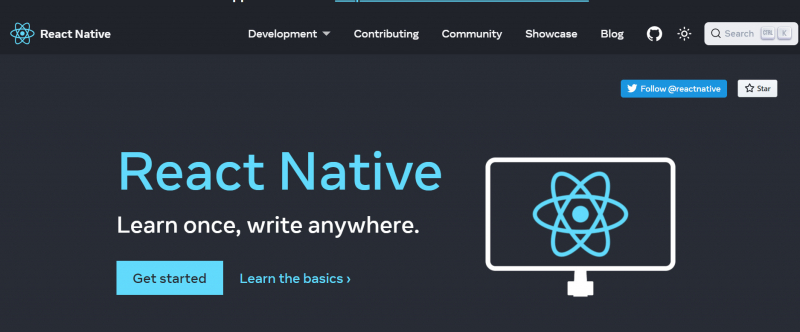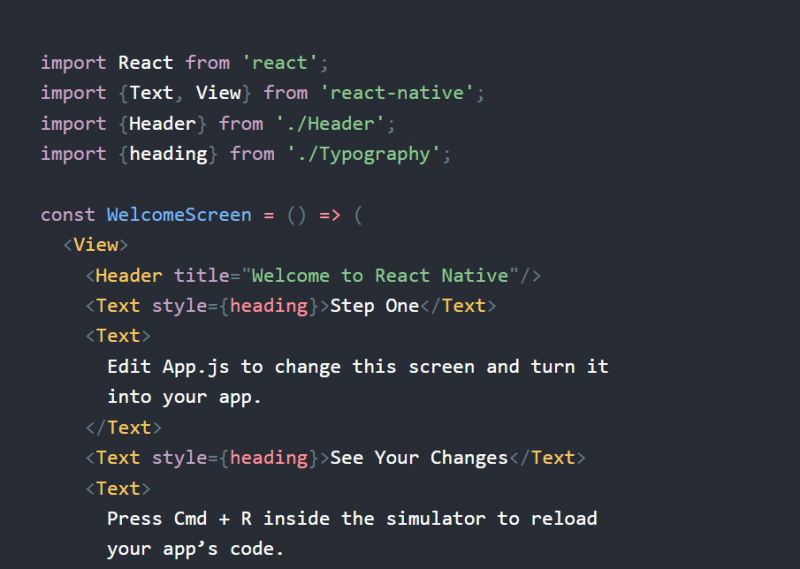React Native

Developed by Meta Platforms, formerly Facebook, in 2015 (a bit earlier than Flutter), React Native is an open-source software framework for UI development. It allows developers to create native-like mobile apps for iOS and Android platforms using a single codebase. With React Native, developers can leverage their existing knowledge of JavaScript and React to build high-quality mobile apps with a native look and feel.
One of the key advantages of React Native is its ability to provide a truly cross-platform app development framework. By using a single codebase, developers can write once and deploy to multiple platforms, saving time and effort. This is made possible by React Native's underlying architecture, which translates the JavaScript code into native components, resulting in a highly performant and responsive user interface.
Another major benefit of React Native is its extensive ecosystem and community support. There is a vast collection of pre-built UI components and libraries available, allowing developers to accelerate their development process. Additionally, the React Native community is active and continually contributing to the framework, providing updates, improvements, and valuable resources.
Features:
- Cross-platform Development
- Native Components
- Hot Reload
- JavaScript Language
- Large Community and Ecosystem
Pros:
- Code Reusability
- Third-Party Libraries
- Rapid Development
- Strong Community Support
Cons:
- Platform Limitations
- Performance Limitations
- Learning Curve
- Native Dependencies
Programming language: JavaScript
Mobile apps: Skype, Bloomberg, Shopify, various small modules in Facebook and Instagram
Website: https://reactnative.dev/







